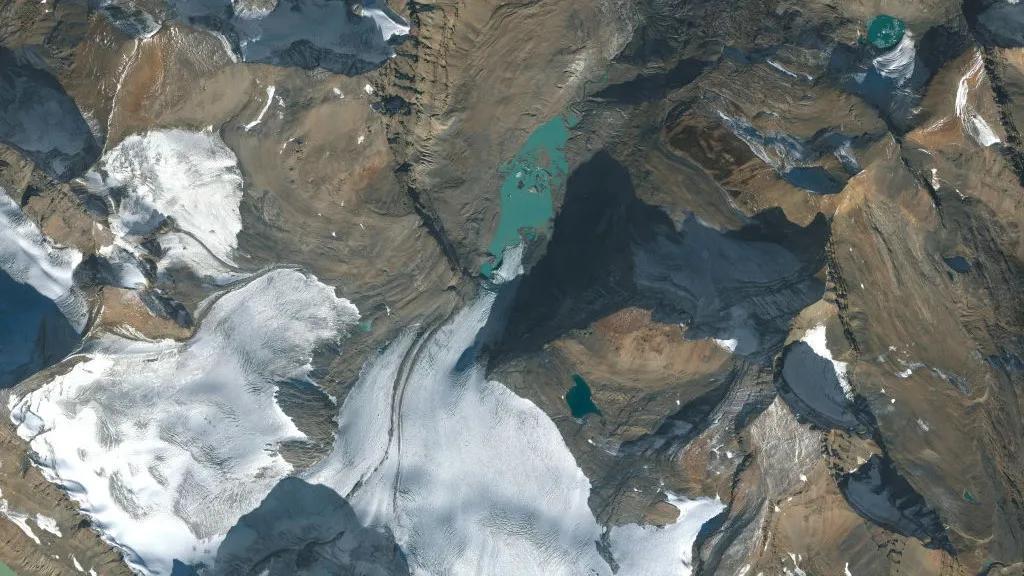
North America & Europe’s Glaciers Lost Unprecedented Ice in 4 Years: Study
A recent study has revealed that glaciers in North America and the European Alps have experienced an unprecedented loss of ice over the past four years. The research, which was published in the journal Geophysical Research Letters, found that glaciers in Washington, Montana, British Columbia, Alberta, and the Swiss Alps lost an astonishing amount of ice between 2021 and 2024.
According to the study, the glaciers in these regions lost twice as much ice as they did between 2010 and 2020, with some glaciers shrinking by as much as 13%. The findings have significant implications for our understanding of climate change and its impact on the world’s glaciers.
The Study’s Findings
The study, which was conducted by a team of researchers from the University of Colorado Boulder and the University of Montana, used satellite data and field measurements to track the changes in glacier mass and extent between 2021 and 2024. The researchers found that the glaciers in the study area lost an average of 24.5 billion tons of ice per year, with some glaciers losing as much as 30 billion tons annually.
In comparison, the same glaciers lost an average of 12.2 billion tons of ice per year between 2010 and 2020. This represents a significant increase in the rate of ice loss over the past four years.
Regional Breakdown
The study found that the glaciers in the central and western United States, including those in Washington and Montana, lost the most ice between 2021 and 2024. These glaciers lost an average of 28.1 billion tons of ice per year, with some glaciers losing as much as 35 billion tons annually.
The glaciers in British Columbia and Alberta, Canada, lost an average of 20.9 billion tons of ice per year, while those in the Swiss Alps lost an average of 1.7 billion tons annually.
Implications for Climate Change
The findings of this study have significant implications for our understanding of climate change and its impact on the world’s glaciers. The rapid rate of ice loss observed in the study area suggests that the glaciers are responding quickly to changes in climate conditions.
The study’s lead author, Dr. Brian Menounos, noted that the findings are consistent with other research that has shown that the world’s glaciers are losing mass at an alarming rate. “Our study provides further evidence that the world’s glaciers are highly sensitive to changes in climate and that they are losing mass at an unprecedented rate,” Dr. Menounos said.
Conclusion
The loss of ice from North America and the European Alps is a significant concern, as it has the potential to impact sea levels, water supplies, and ecosystems. The findings of this study highlight the need for continued research into the impacts of climate change on the world’s glaciers and the need for urgent action to reduce greenhouse gas emissions and mitigate the effects of climate change.
Source
Menounos, B., et al. (2025). “Unprecedented glacier mass loss in the western United States and European Alps from 2021 to 2024.” Geophysical Research Letters, 52(10), e2025GL115235. doi: 10.1029/2025GL115235






